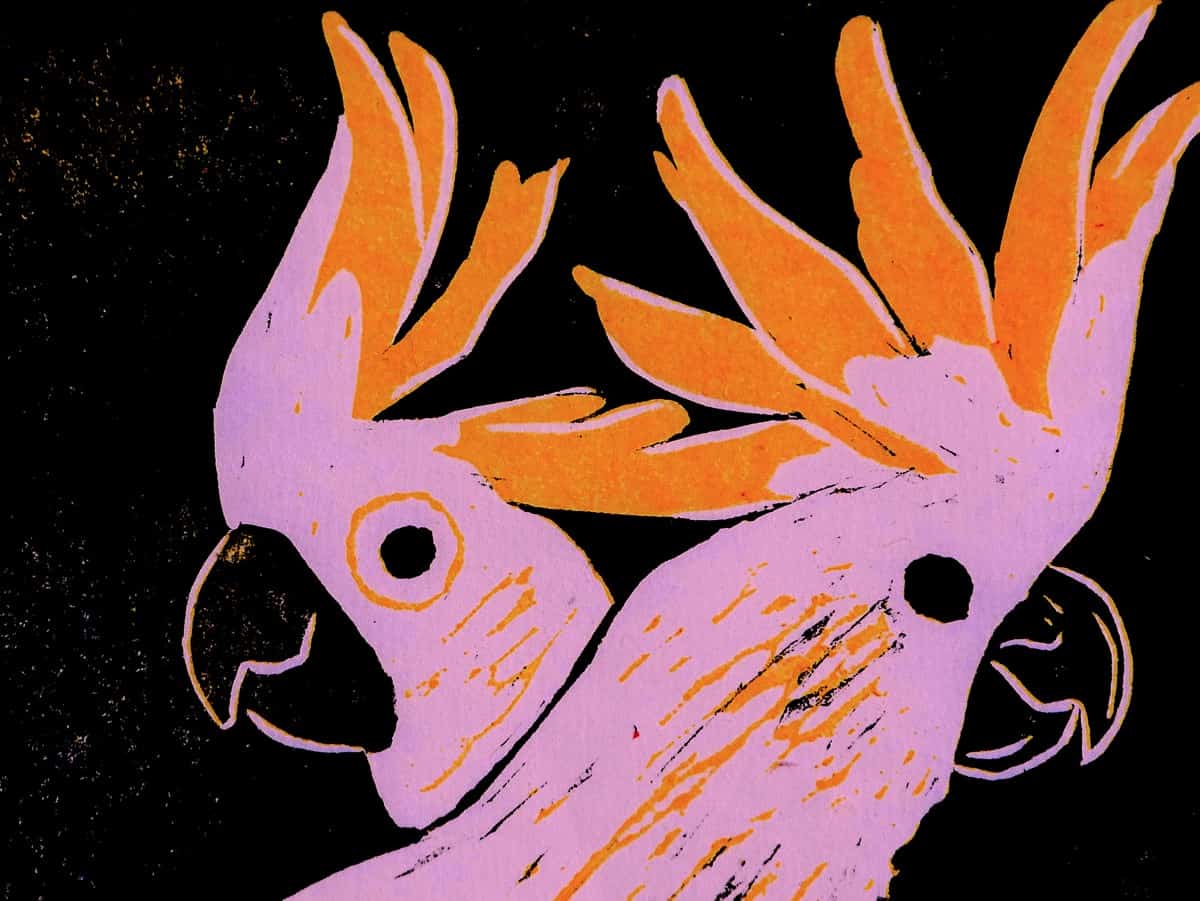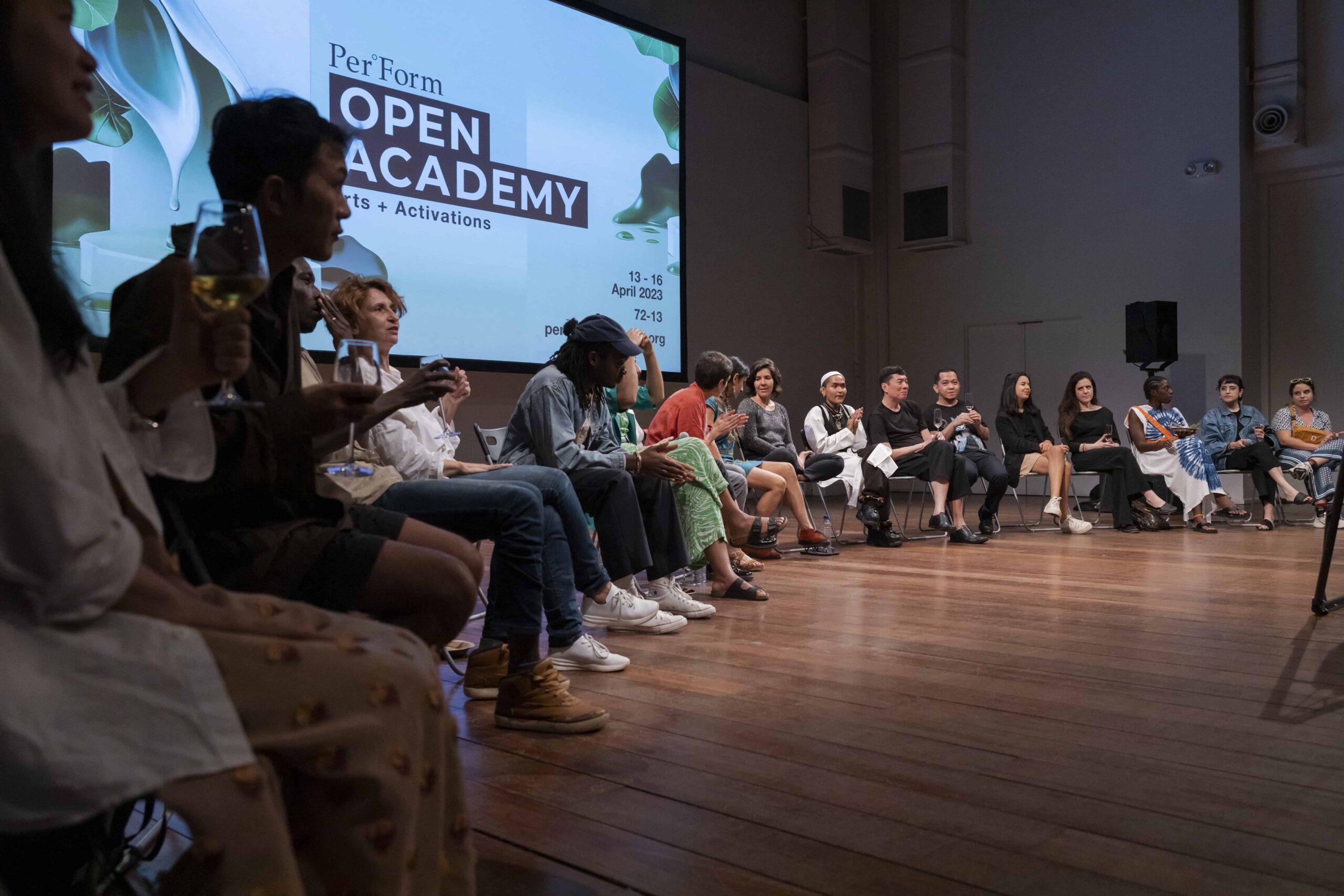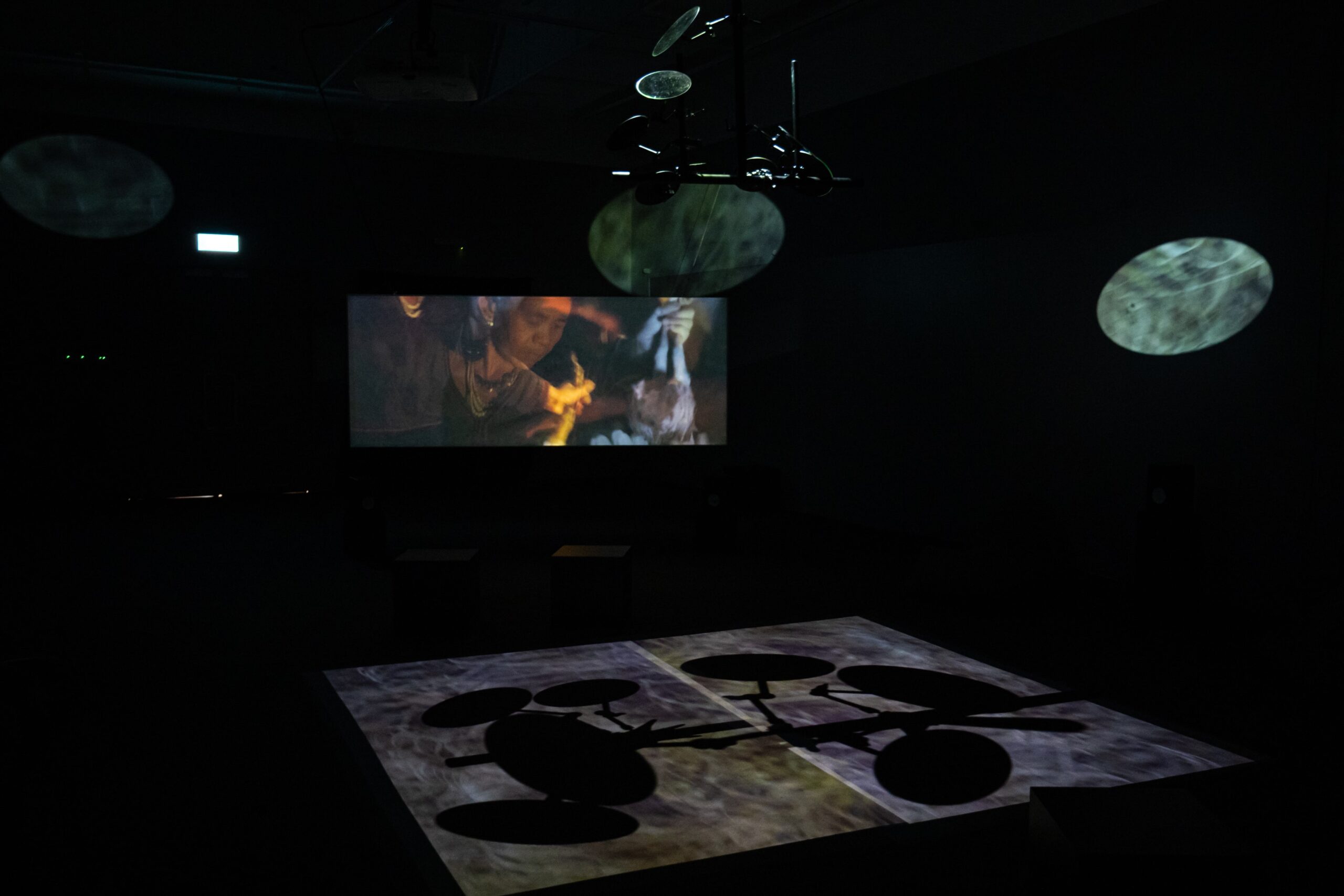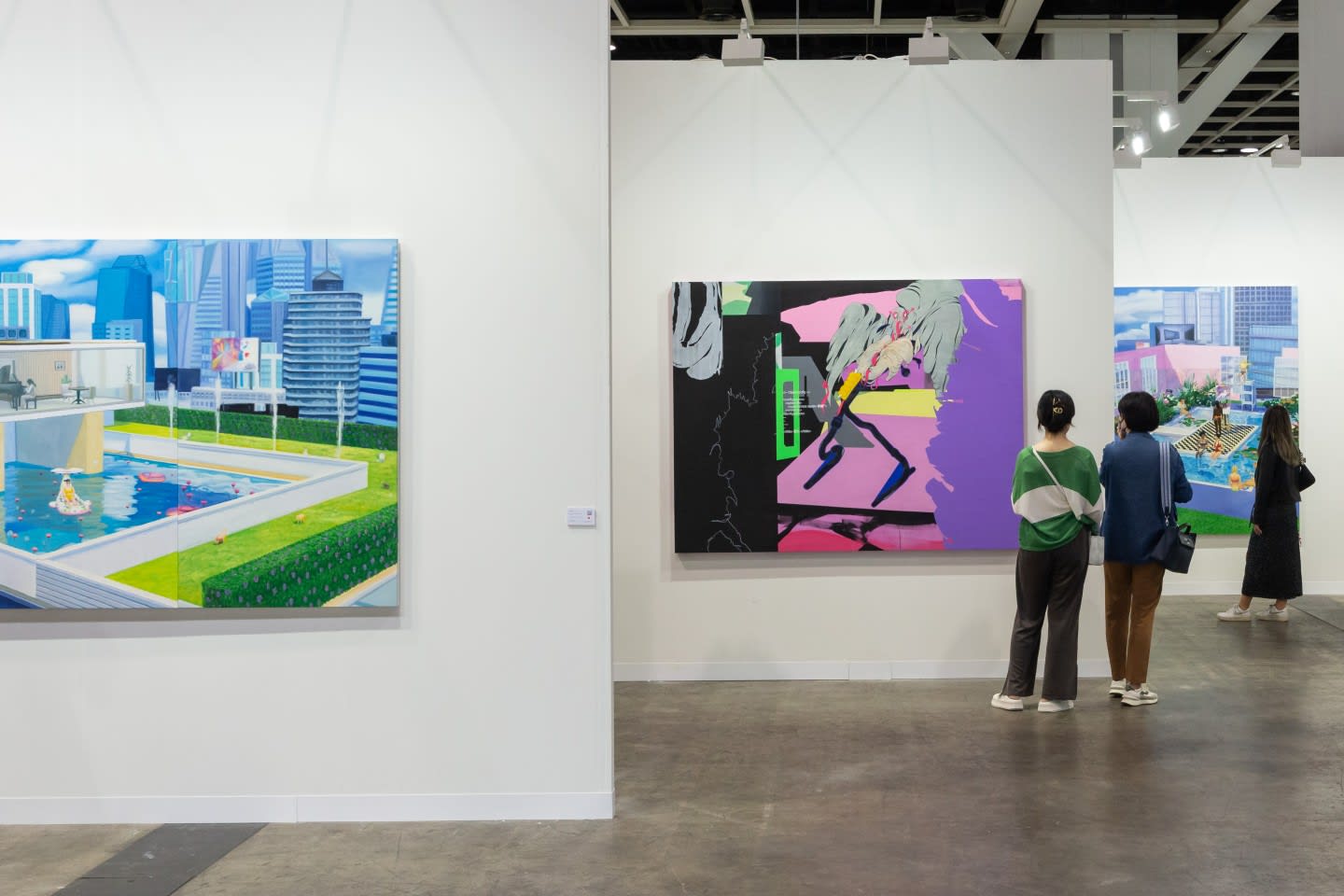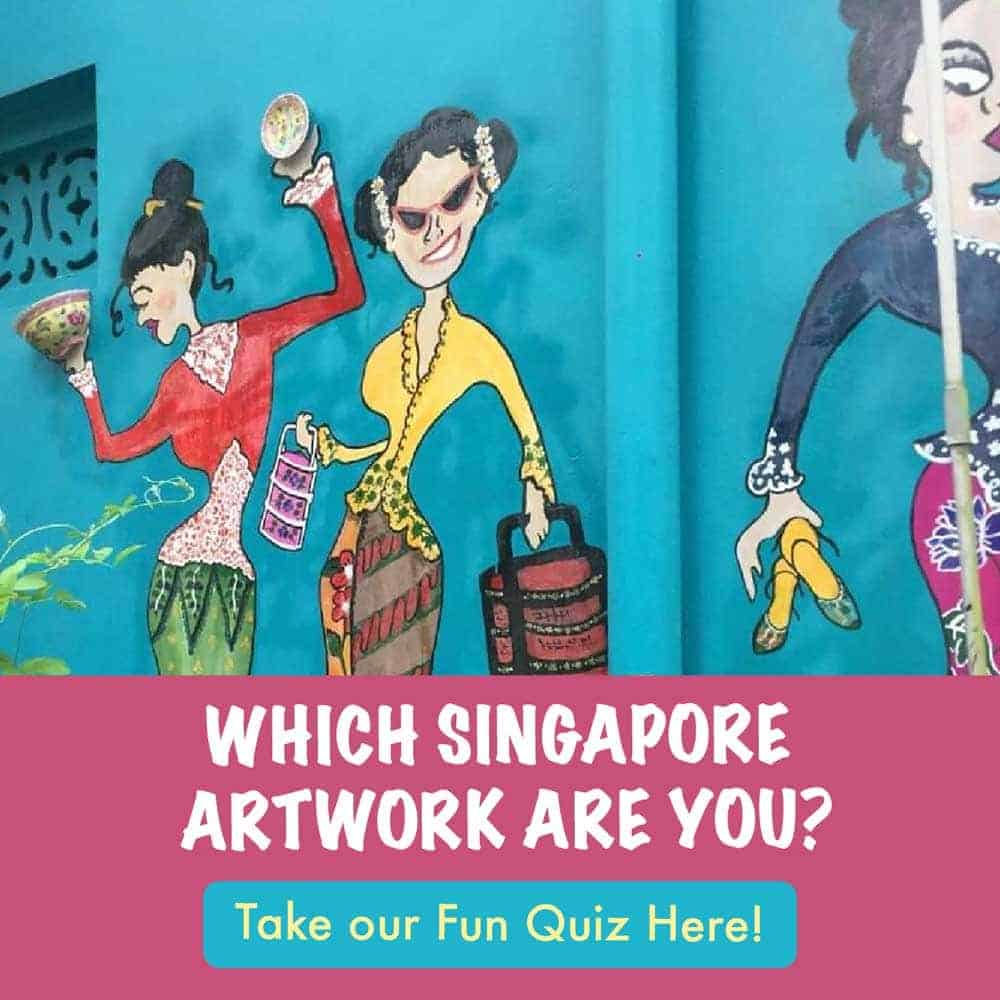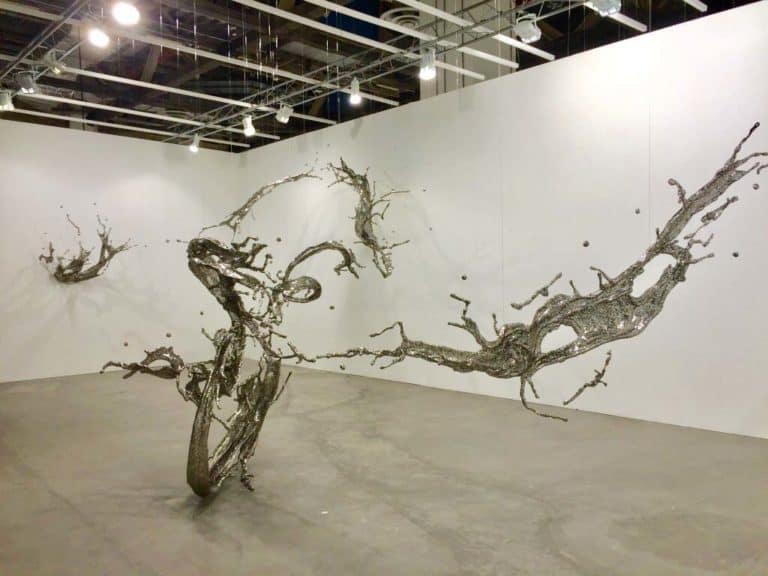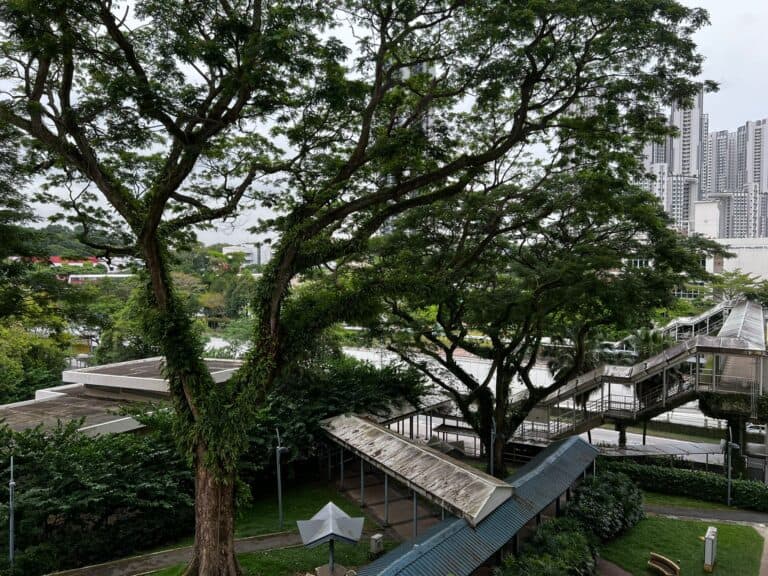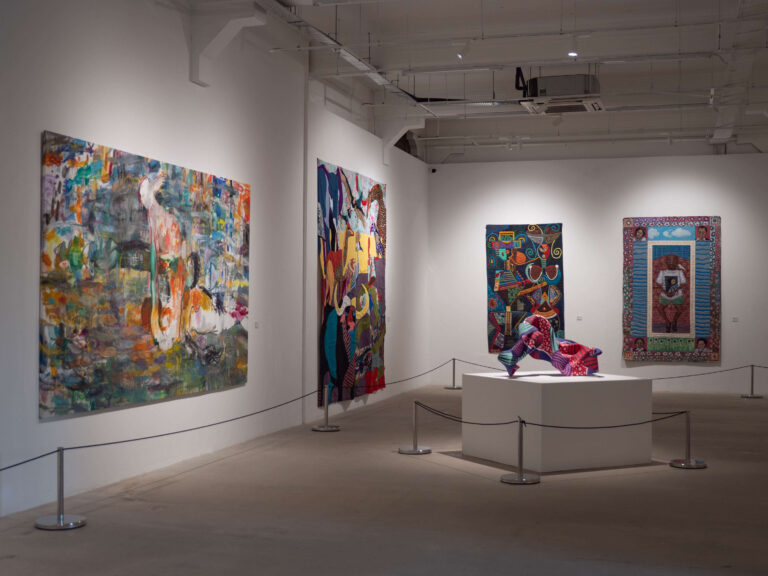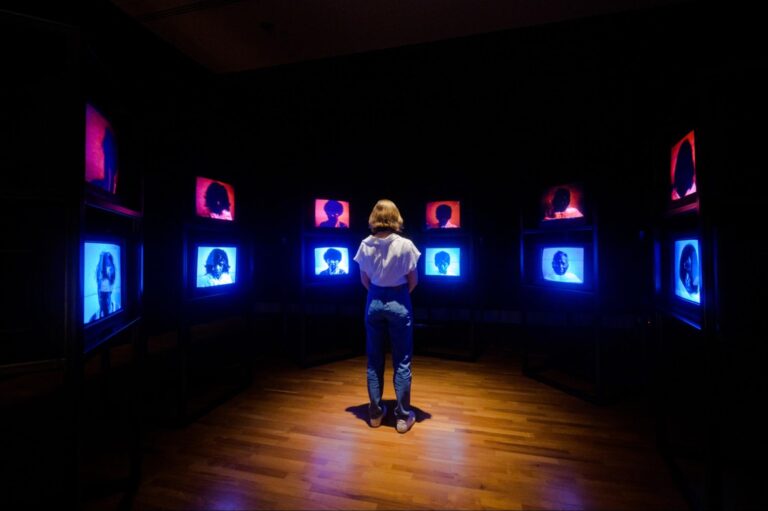You there!
Do you like art? Not an artist? Want to create and sell? Want to buy affordable art and try your hand at being a collector?
If all your answers to the above were an emphatic “Yes!” then you’ve arrived at the right page.
The above ideas form the premise of Pameran Poskad, an exhibition focused on the display of postcard-sized works selected based on an open call to the community.
As Tamae Iwasaki, one half of the duo behind this initiative, explains animatedly, “This is nothing about ‘nice painting’. It’s about enjoying and expressing anything you have, for example like a poem or just writing words like ‘my life is crap’, (and) getting things off your mind!”
The art exhibition was made fully open to public submissions – participants simply had to complete an online form and pay a S$50-dollar application fee. They would then receive postcard-sized sleeves through which postcard-sized artworks could be slotted. The artworks are then displayed with no mention of the artist or price. Only when a work is physically picked up, will the viewer be able to identify the creator of the work and see its pricing, labelled on the back of the piece. It’s a democratisation of the concept of the art exhibition, with a sly twist — urging viewers to question their ideas of what makes for “good art,” when a work is considered from a purely aesthetic perspective, and without the immediate baggage of the artist’s name and price point.
Admittedly, when one hears the Malay words Pameran Poskad (it literally means “postcard exhibition”) the first image which comes to mind may not necessarily be that of Japanese husband-and-wife duo Tamae Iwasaki and Eitaro Ogawa. The couple work under the name Keyakismos, a term derived from the Japanese word “keyaki” (Zelkova tree) and “cosmos” (flower). The alias stands for their shared creative philosophy that the collaboration between two different elements achieves much more than anything singular. The team who specialises in printmaking hails from Osaka, Japan, but have adopted Singapore as their second home, embarking on a mission to make people embrace art.
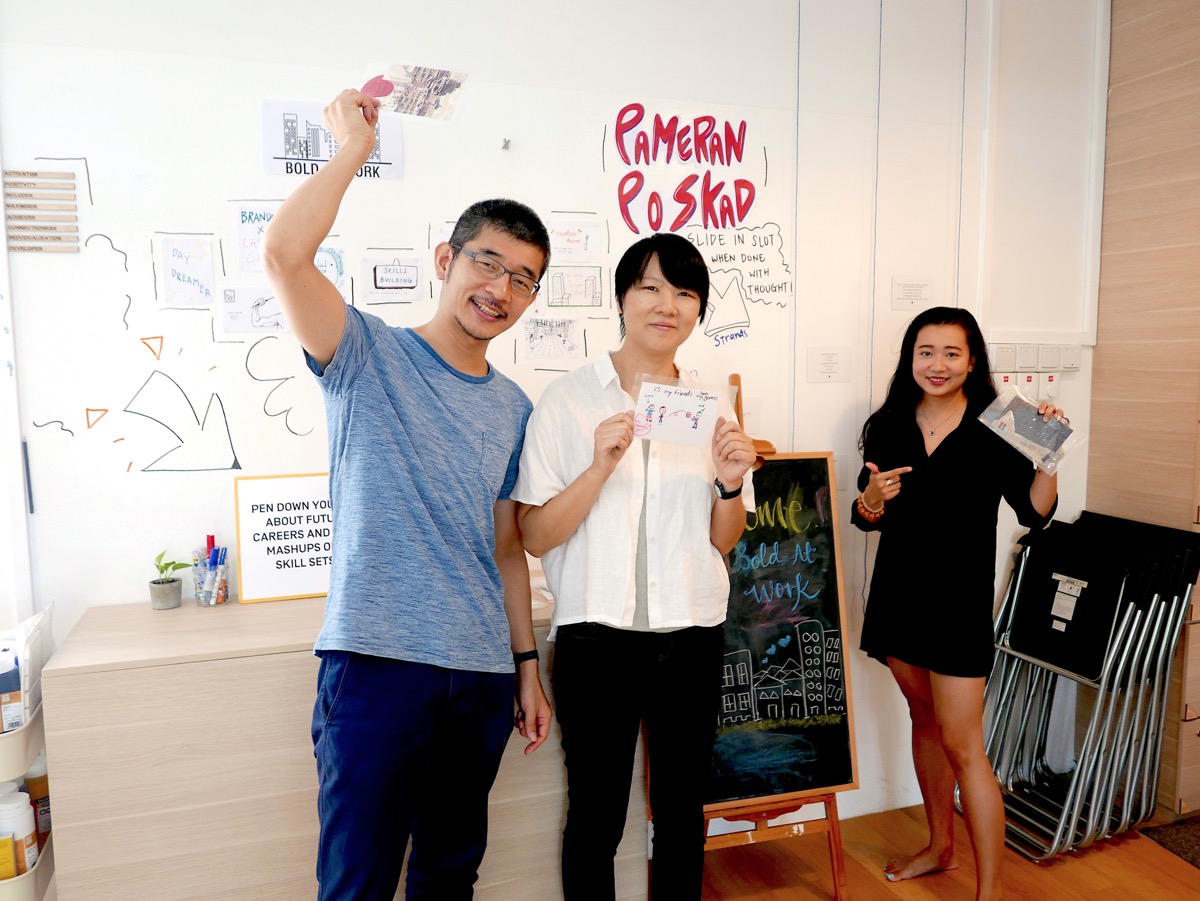
The beauty of Pameran Poskad is that anyone can participate- students, adults, children, artists, professionals– literally anyone.
There is no overt curation or selection process- if a person signs up and participates, his or her artwork will be officially displayed along with hundreds of other submitted artworks. Pameran Poskad’s previous run drew in more than 500 people from 29 different countries.
It helps that Singapore provides a unique landscape for art projects. As Iwasaki notes: “Japan’s art community is very tight, they don’t (always) mingle with other people. In Singapore, more inclusivity and openness is possible as we are a multicultural society with many foreigners. You can get everyone … to participate, just for the sake of art and creation. The outcome is really lovely (even if) people are hesitant at first.”
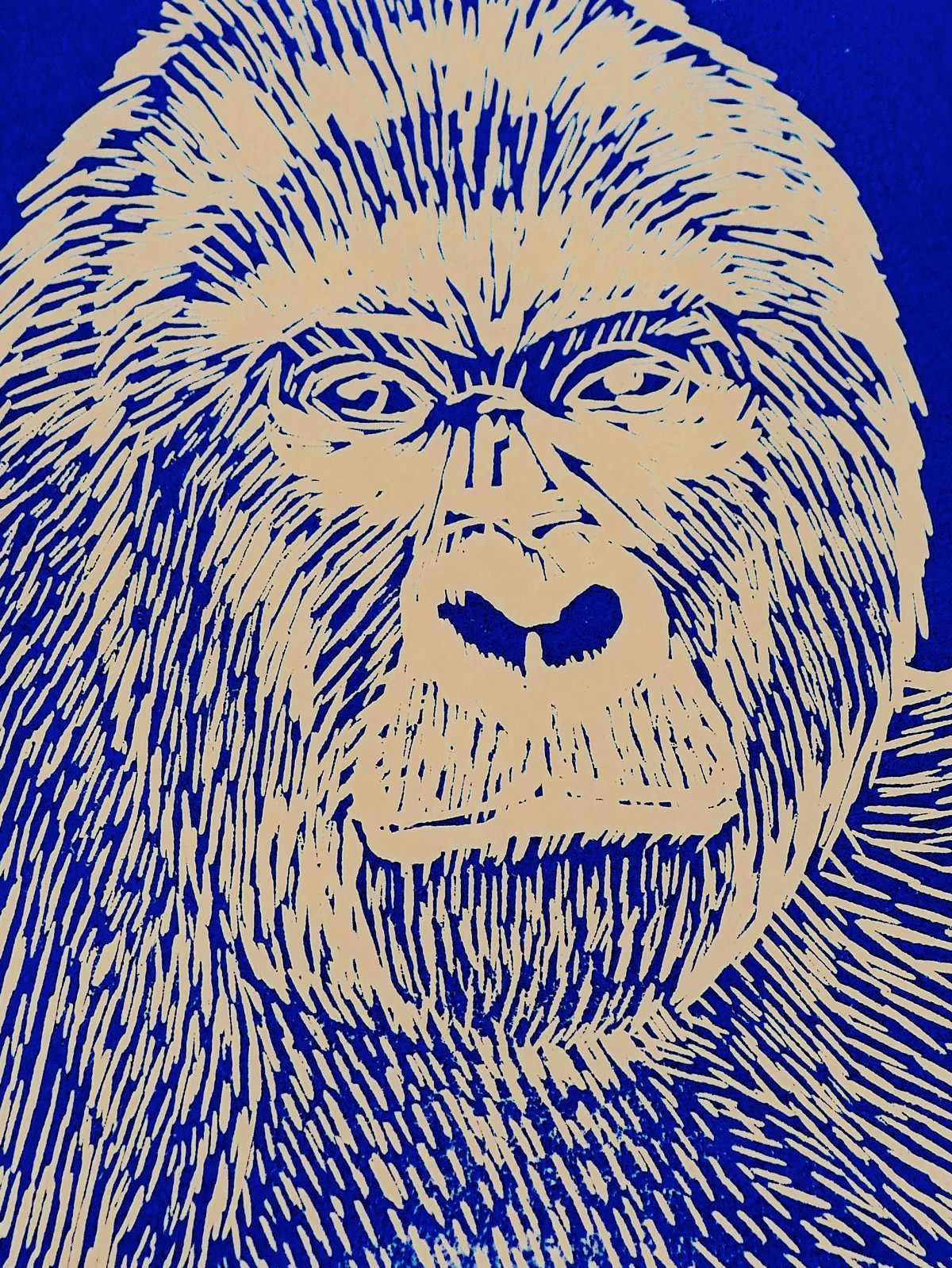
There is something undeniably appealing in the idea that you could create art with no prior experience or background in the arts.
Events like Pameran Poskad break down the barriers created by the traditional renditions of art and remove the pomp and circumstance that often accompanies gallery art. This exhibition allows participants to simply have a go and get in touch with their creativity.
In my view, a project such as this works better in improving art appreciation than the mere visiting of art galleries. A show like this exists in its own sphere, away from traditional galleries and museums and with an entirely different (and arguably more important) purpose- – that of increasing art accessibility and widening the community of art enthusiasts.
Tom Finklepearl in the preface to his book Dialogues in Public Art, makes the point that one should not be overly prescriptive with definitions:
“the word public is associated with the lower classes (public school, public transportation, public housing, public park, public assistance, public defenders), as opposed to the word “private” which is associated with privilege (private school, private car, private home, private country club, private fortune, private attorney). Art is generally associated with the upper classes, at least in terms of those who consume it – collectors and museum audiences.”
Finklepearl identifies the word “community” as being problematic as well — “while community literally means a group of people who live in the same locale or share a common interest, it too has class overtones.” It is often used as a counterpoint to work that is created for more well-heeled art lovers. He muses:
“when one refers to community-oriented public art..its usage is fairly clear: it is art that includes people from the lower classes in its creation, consumption or both. This does not mean that the upper classes are excluded from participating in the projects as well, only that they are not the exclusive audience.“
Pameran Poskad seeks to challenge fixed notions such as these, with its openness and inclusivity, and its refusal to be constrained by traditional norms. Indeed, what better way to develop an interest in the arts than by being a creator yourself? And what better way to redefine “community art,” than to place unknown or hobbyist artists so boldly alongside major artistic figures?
As Iwasaki aptly puts it: “It stems from the idea that everyone has creativity. This is a celebration of creation.”
This balance between being more “community –oriented” (with all the attendant associations plaguing the term) and appealing to traditional art enthusiasts is apparent even in the locations of the exhibition. This iteration of Pameran Poskad sees its preview taking place deep in the heartlands of Yuhua, at the headquarters of Bold at Work.
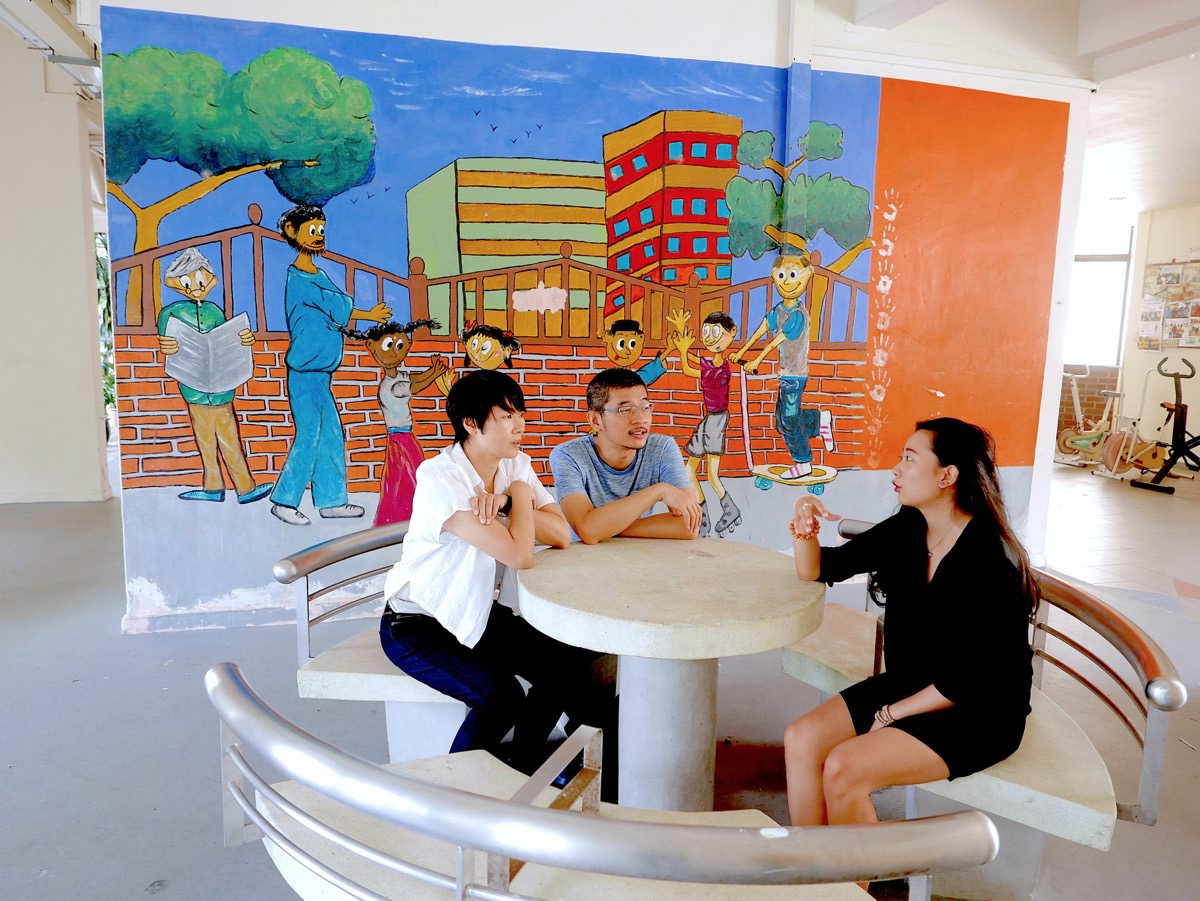
The main exhibition, by contrast, will be held amongst the designer shops and relatively swankier surroundings of ION Art Gallery in Orchard Road. In the months leading up to the exhibition, participants have also been given the opportunity to join workshops to develop their artistic skills.
It is worth reiterating that accessibility does not mean that professional artists have been excluded from the show.
After all, a key focus of Pameran Poskad is on openness. As Iwasaki explains:
“We also bring in some very popular international artists, including famous Japanese artists so there is a range of artwork available. This results in big collectors coming for these works who end up taking a look at the other artworks on display, regardless of who created the work. So, we try to make sure it does not become exclusive, like a student-only event or artist-only event. We are trying to push the boundaries of who can be involved in art.”
Indeed, Ogawa and Iwasaki aren’t too shabby themselves, in terms of art world credentials. Shortly after graduating from Tokyo Zokei University, the couple joined STPI – Creative Workshop & Gallery (formerly known as the Singapore Tyler Print Institute) as pioneer printers and represented Singapore in the 2016 Venice Biennale.
This dichotomy between the established and the unknown, also sometimes leads to surprising results, as Ogawa laughingly shares: “We have found that sometimes we enjoy artwork that ends up being the least expensive- for example we get very good drawings from people with no artistic background and we are just like- ‘how did you draw this?!’”
Pameran Poskad opens for a preview this weekend 9 to 10 June at the premises of Bold at Work. The works may be viewed but no purchases will be allowed.
The show opens to the public on 15 June and runs until 24 June at open from 10am to 10pm at ION Art Gallery, on Level 4 of ION Orchard. This year, Pameran Poskad have also teamed up with the charity Beautiful People to which 10% of all proceeds from the sale of artworks will go. Participants may also choose to donate 100% of the proceeds to the charity.
